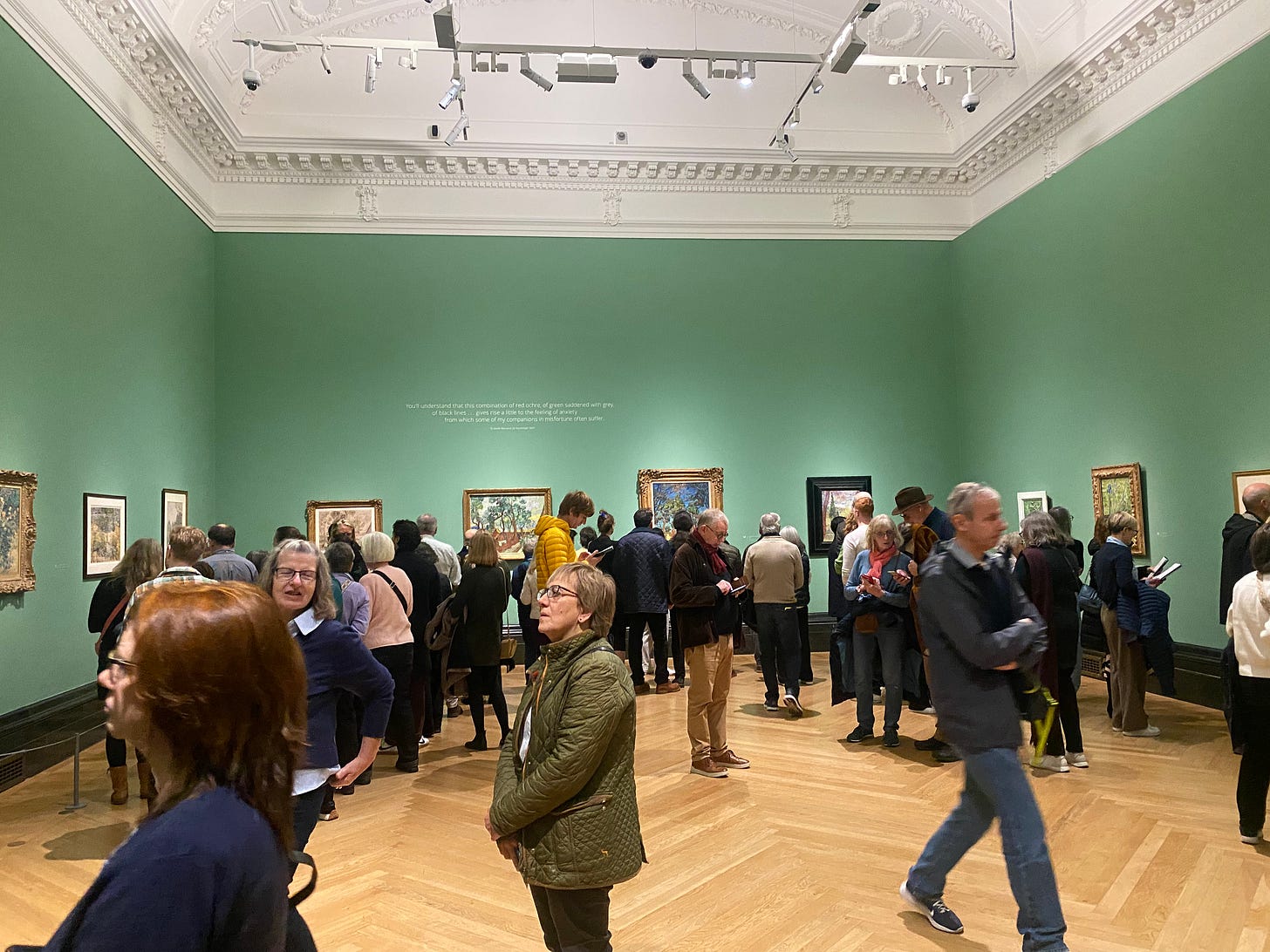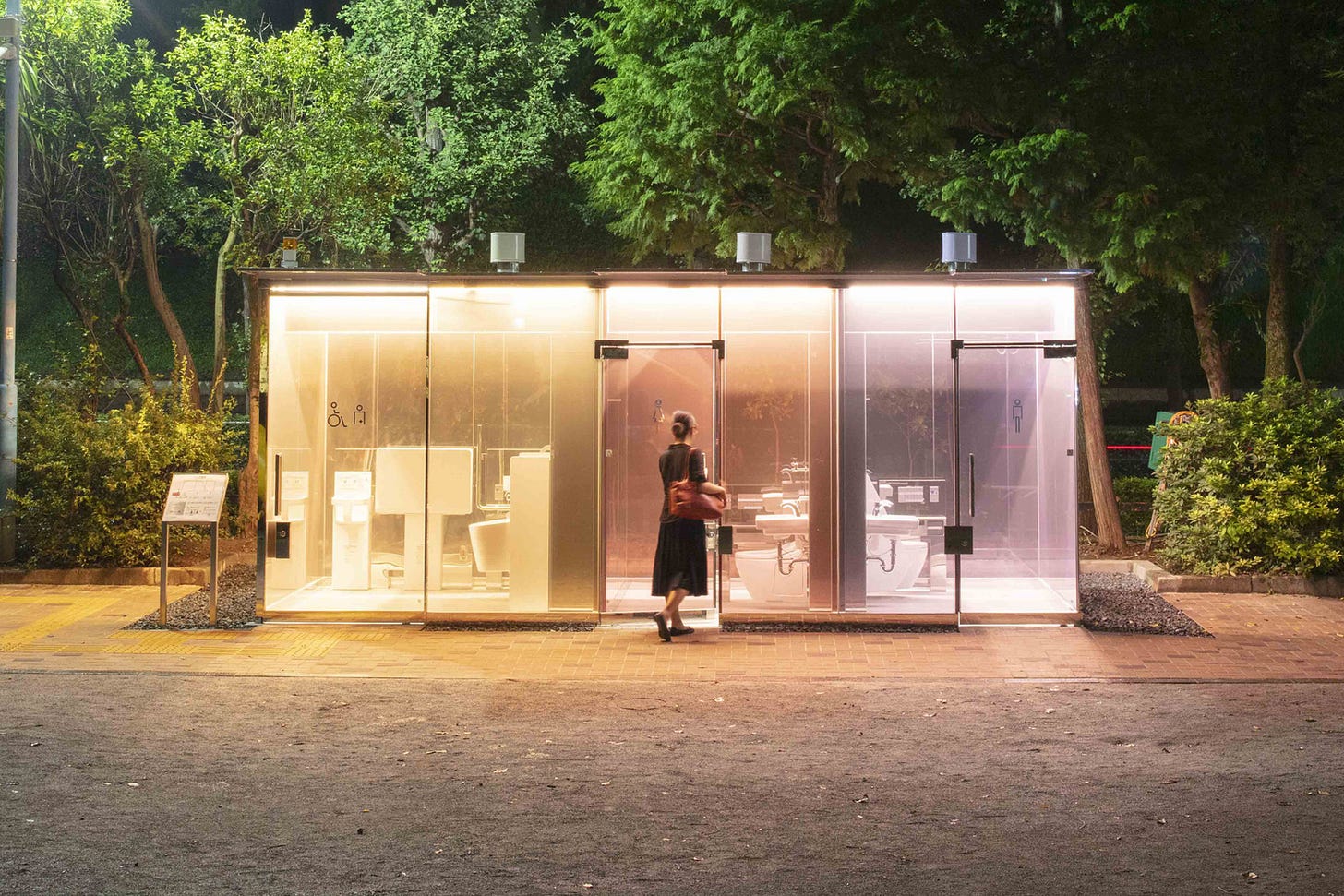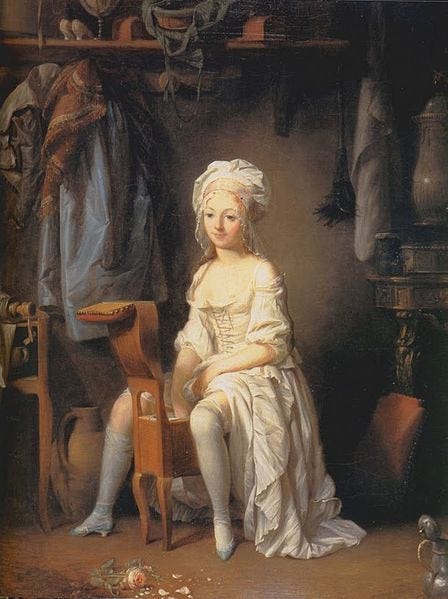Toronto, November 24, 2024
We need to talk about toilets
Most people, particularly the shy or fastidious, don’t like to talk about toilets. Yet toilets are often on our mind. In particular, there is always the big question: Where is the nearest one?
If you are old, the location of the nearest lavatory can be a pressing question. Bladder and bowels weaken as the years go by. The superannuated are surprisingly ready to discuss this problem, often in detail. The pleasure of trading notes about bodily afflictions trumps natural shyness. Disinhibition is a feature of senescence.
When you’re at home, or visiting a friend’s house, you don’t have to worry about the location of the toilet. But when you’re in public, out for a stroll, say, or in unfamiliar territory of some other kind, such as an airport or museum or concert hall or art gallery, the big question—where’s the nearest one—hangs over everything. It’s good to have a strategy in these circumstances. A Toronto friend of mine who walks to work has carefully identified several available lavatories along the way, in coffee shops, hotels, etc., in case the need arises. He has what he calls a “toilet map” in his head. “I couldn’t walk to work without my toilet map,” he told me. “I’d have to take a taxi.” Taxis, of course, have their own excrementary obstacles.
A network of government-provided public toilets is a marker of civilization. It recognizes and provides for a basic human need. That’s something government is supposed to do. My friend’s Toronto toilet map doesn’t include any public toilets. That’s because, for all sorts of spurious reasons—supposed moral, aesthetic, and financial considerations—there are very few in the city and those that exist are in an appalling state. (See John Lorinc’s 2022 series in Spacing, “Why We Can’t Go: A Report on Toronto’s Public Washrooms.”) It’s not just Toronto. The Halifax Examiner noted this week: “The Downtown Halifax Business Commission lists 20 [public toilets] on its website, most of them clustered along the waterfront. Some of them are only open limited hours. Head away from the high-tourist-traffic waterfront and you’re, er, shit out of luck...” Governments everywhere have failed us when it comes to public lavatories. The elderly, especially, suffer from and resent this failure.
Compare Toronto’s pathetic public toilet situation, for example, to the Radar key system in the United Kingdom. That’s a national scheme that provides disabled people with independent access to over 9,000 locked accessible toilets across the UK. A similar scheme, called Eurokey, exists in other parts of Europe. Or take a look at Tokyo. Seventeen architect-designed public toilets in that city have recently been made famous by the Wim Wenders film Perfect Days. The central character in Perfect Days is a toilet cleaner who leads a simple and happy life keeping public toilets impeccably clean. The New York Times reported that the featured toilets “were conceived as showcases for Japanese artistry and hygienic mastery.” Wenders described them as “the embodiment of purer impulses like cleanliness and community cooperation.”
As always, we turn to the poet for plain-speaking. Jonathan Swift, author of Gulliver’s Travels, stripped away polite pretense in his 1732 poem The Lady’s Dressing Room. Strephon pokes around in the empty dressing room of his sweetheart, the haughty Celia. He is disgusted by what he finds, the detritus left behind by bodily and cosmetic functions, and in particular by the contents of a chamber pot. “He lifts the lid, there needs no more, /He smelled it all the time before.../ Disgusted Strephon stole away/ Repeating in his amorous fits,/ Oh! Celia, Celia, Celia shits!”
By the way, November 19 was World Toilet Day, an annual United Nations Observance since 2013. World Toilet Day, the UN website tells us, is held every year “to celebrate toilets and raise awareness of people living without access to safely managed sanitation.”
We really do need to talk about toilets.
*****
Note to readers: I’m sorry, but there will be no Endgame next Sunday. This coming week I will be on and off aeroplanes, timorously touring the Evil Empire. The next newsletter, #89, will be on December 8.
*****
Some reader comments on Newsletter #87 (“Going home”)
The writer Mark Abley sends this beautiful note: “I was six years old when my parents and I left England and emigrated to Alberta; and like you, I lived again in England as a young man. What I miss to this day are not the cities or the people, but the landscape. Nowhere in Canada tugs at my heartstrings so much as the endlessly varied British countryside: the small flowers in the hedgerows, the flocks of rooks and sheep, the soft cries of wood pigeons and the evening song of blackbirds, the gorse in bloom throughout the year, the views from hilltops over the sea … Don’t get me started. I mean, thank you for getting me started.”
My friend Philippe writes from Bordeaux: “I was born and grew up in Morocco like my parents. Before my family moved to France I was sent to a boarding school in Paris where I felt like a stranger because life was so different there from what it was in Casablanca. Parenthetically, when we lived in Casablanca, my father periodically would remind us that one day we would have to leave because Morocco was a foreign country. I then spent 15 years in France, then two years in Tunisia and 45 excellent years in Canada of which I became a citizen. Yet I feel French and I suspect that my Canadian friends consider me as French first (I am not always proud of it!) despite the fact that I lived relatively little in the country and was not born in it.”
From a reader who lives down the street: “Lovely piece. I have a similar life experience to yours but a recent visit with my English family left me with the sad feeling that family ties loosen after a couple of generations. I wish I hadn’t learned that life lesson!”
From Iain MacDonald: “I have known so many people with similar experiences here in Regina. People very grateful for the life Canada gave them, and eternally wistful about leaving the home to which they were so firmly connected.”
From the distinguished American writer Howard Norman: “Another lovely and poignant entry... To combine family reunions with seeing some of our best living actors perform seems the very best way to go home again; the Thomas Wolfe assertion is perhaps one of the most mulled over in literary history. I remember a panel held in Halifax (I was the one American) which was about the idea and definition of “home,” and remarkably enough, with no previous knowledge of what anyone might say, we all came to the conclusion that “home” was where we would be buried. It was all comically morbid and touching, but after the panel, the discussion about “returning home” went on into the wee hours at The Lord Nelson Hotel.”
And finally, from my severest critic: “It’s 5.00 am in a hospital bed. The theatre, oh the theatre! It brings tears! Rylance, the magic of him, the brilliance of Lesley Manville...”






6.30 am in the hospital
Issue?How do I reach the toilet?
Difficult
What is extremely helpful is your usual smarty pants literary scope,Jonathan Swift,The Lady’s Dressing Room with the vital information that Celia shits
I will unfortunately think of this far too often.
Julian
Leslie Lowe may or may not help elucidate this matter in her monograph on the topic ... No Place to Go! https://atlanticbooks.ca/stories/lezlie-lowe-investigates-the-universal-need-for-a-decent-public-washroom/